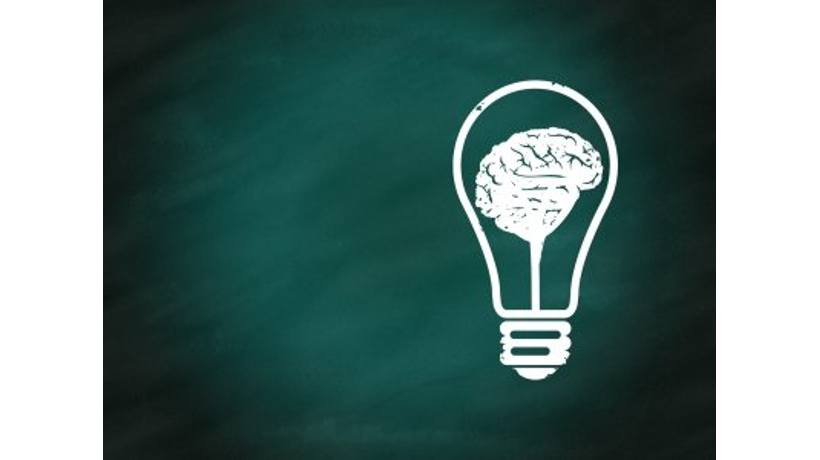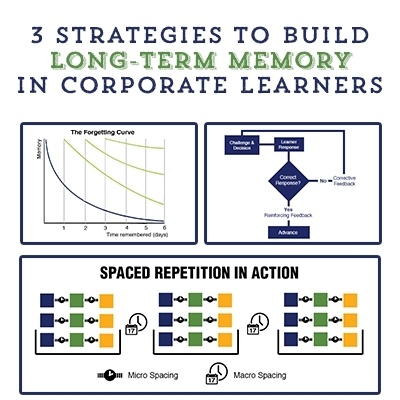All You Need To Know About The 2 Types Of Memory
Our memory system, according to cognitive psychology, is divided into the following 2 types:
- Short-term memory that stores sounds, images and words, allows for short computations and filters information that either goes to long-term memory or is discarded.
- Long-term memory that allows us to store information based on meaning and importance for extended periods of time, affects our perception and constitutes a framework where new info is attached.
Main Characteristics of the Short-term Memory
Short-term memory has 3 main characteristics:
- Brief duration that can only last up to 20 seconds.
- Its capacity is limited to 7 ±2 chunks of independent information (Miller’s Law) and is vulnerable to interference and interruption.
- Its weakening (due to many reasons, such as medication, sleep deprivation, a stroke, or a head injury, for example) is the first step to memory loss.
Short-term memory is responsible for 3 operations:
- Iconic, which is the ability to store images.
- Acoustic, which is the ability to store sounds.
- Working Memory, which is the ability to store information until it’s put to use. For some scientists, working memory is synonymous to short-term memory, but truth is that working memory is not only used for information storage, but also for the manipulation of information. What’s important is that it’s flexible, dynamic and makes all the difference in successful learning.
Main Characteristics of the Long-term Memory
Information in Long-term memory is stored as a network of schemas, which then converts into knowledge structures. This is exactly why we recall relevant knowledge when we stumble upon similar information. The challenge for an instructional designer is to activate those existing structures before presenting new information and that can be achieved in a variety of ways, like with graphics, movies, curiosity-provoking questions, etc.
2 Types of Long-term memory
- Explicit: Conscious memories that include our perception of the world, as well as our own personal experiences.
- Implicit: Unconscious memories that we use without realizing it.
Long-term memory is responsible for 3 operations
- Encoding, which is the ability to convert information into a knowledge structure.
- Storage, which is the ability to accumulate chunks of information.
- Retrieval, which is the ability to recall things we already know.
Improve the Long-Term Memory of your Learners with the Best Authoring Tool!Discover, choose and compare the top eLearning Authoring Tools Providers!
7 Memory Mythbusters
- There are no everlasting memories. Every long-term memory has a certain life expectancy.
- Memory is not infinite. According to recent research, most people cannot store more than 300.000 facts during their lives.
- Encoding will not reinforce our memory. According to recent research, if we store information exactly as we originally obtained it, it will stick longer.
- Don’t study before you sleep. It’s true that sleep is beneficial to learning, however, the neurohormonal state of the brain is at its best in early morning and that applies to all people.
- Memory decays with age. A well-trained memory can be resilient, regardless of age, simply because training increases the scope of knowledge.
- The people that learn faster are those that hardly forget. It all has to do with the way we manipulate information and the way we connect it with imagery and that depends on how smart we are.
- There is no easy way to memorize. Remembering is a skill and requires quite a lot of mental effort. There are techniques, but they are not effortless.
Last but not least, understanding the basics of the Cognitive Load Theory and applying them to your instructional design is an absolute must, particularly if you want your learners to get the most out of the eLearning course you are creating. I highly encourage you to read the article Cognitive Load Theory and Instructional Design.
References
- What Is Working Memory and Why Does It Matter?
- Top 10 Memory Myths
- What are the differences between long-term, short-term, and working memory?
- Working memory is the search engine of the mind
- Memory and Learning








